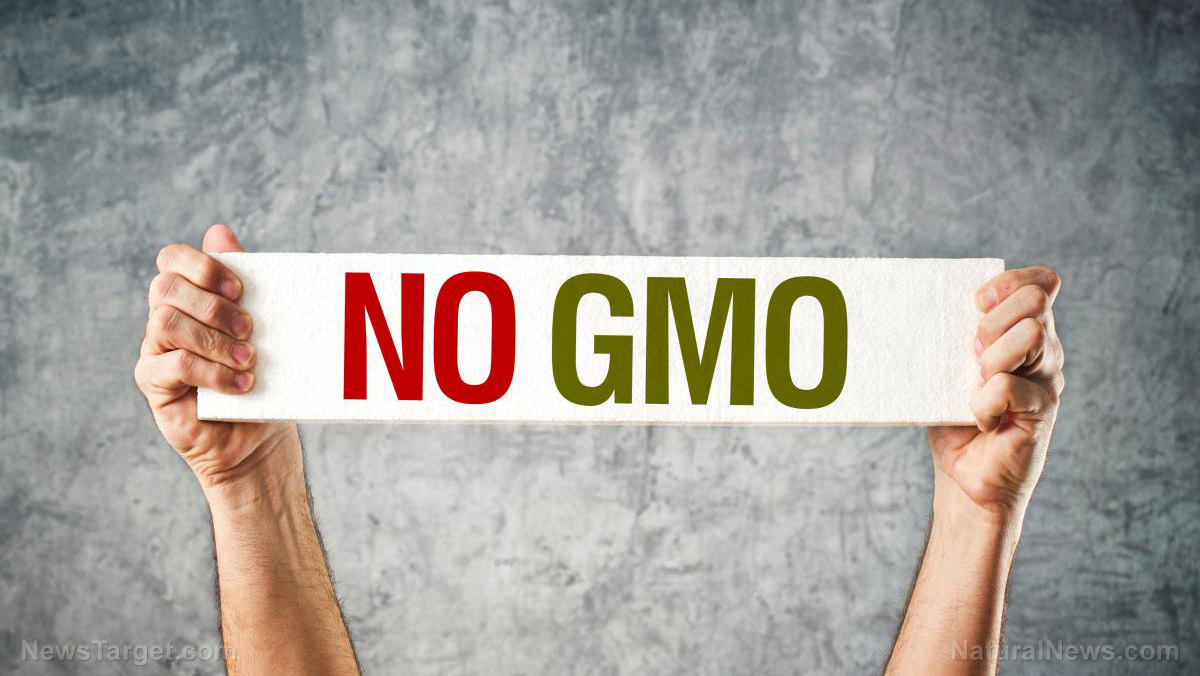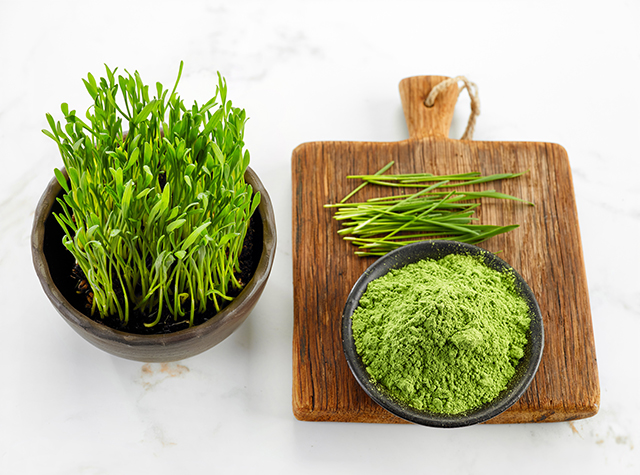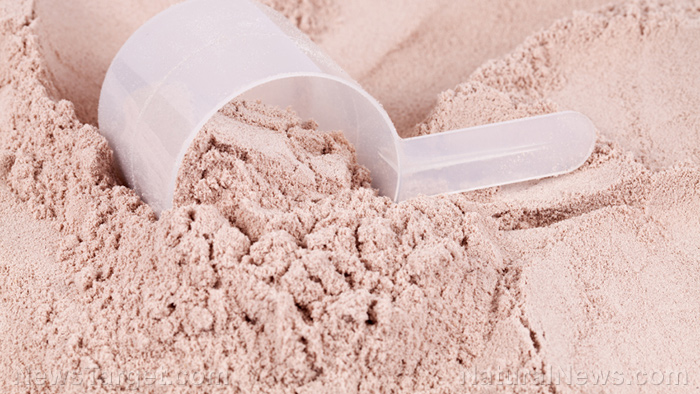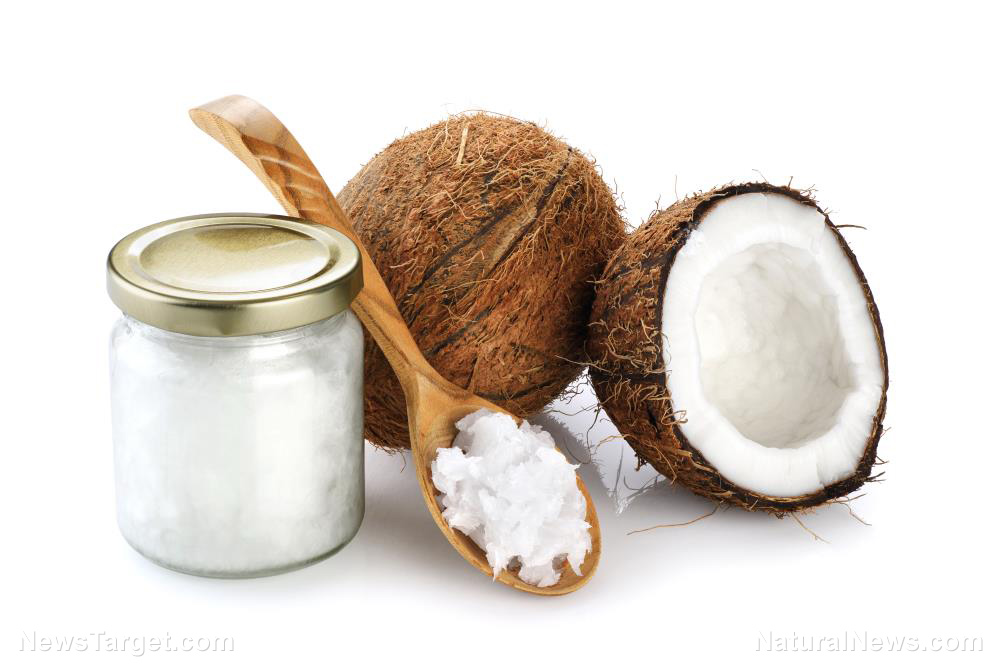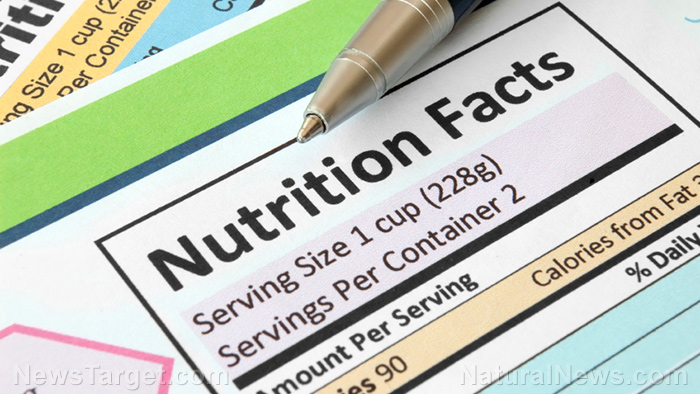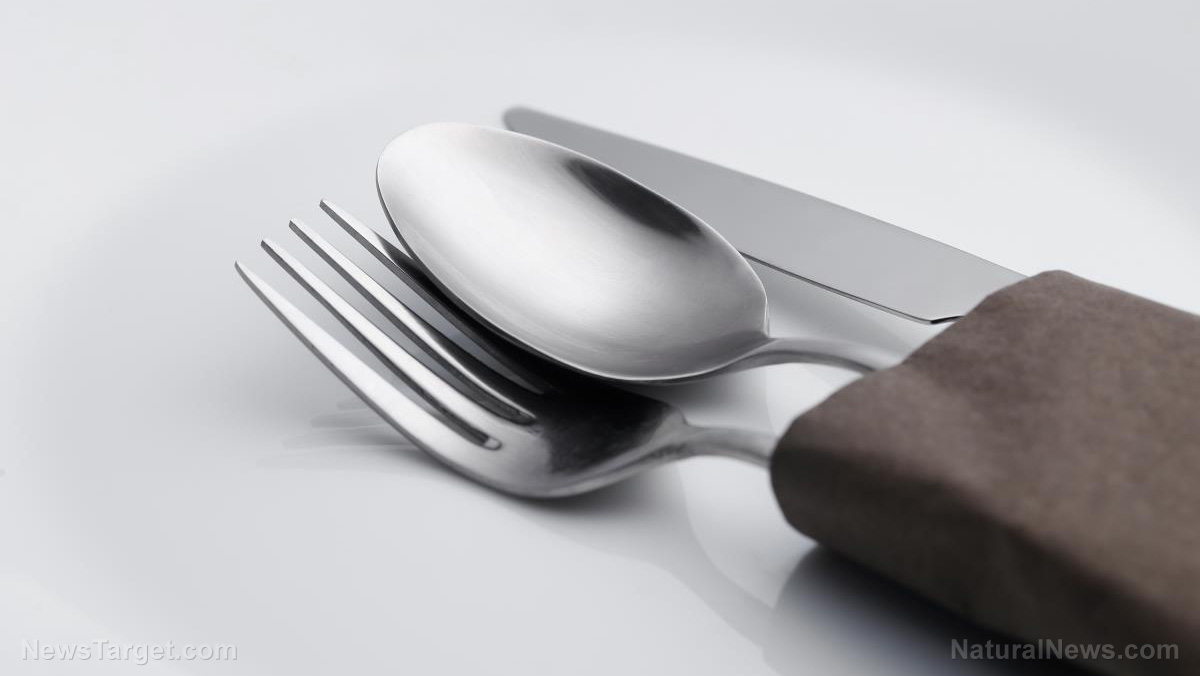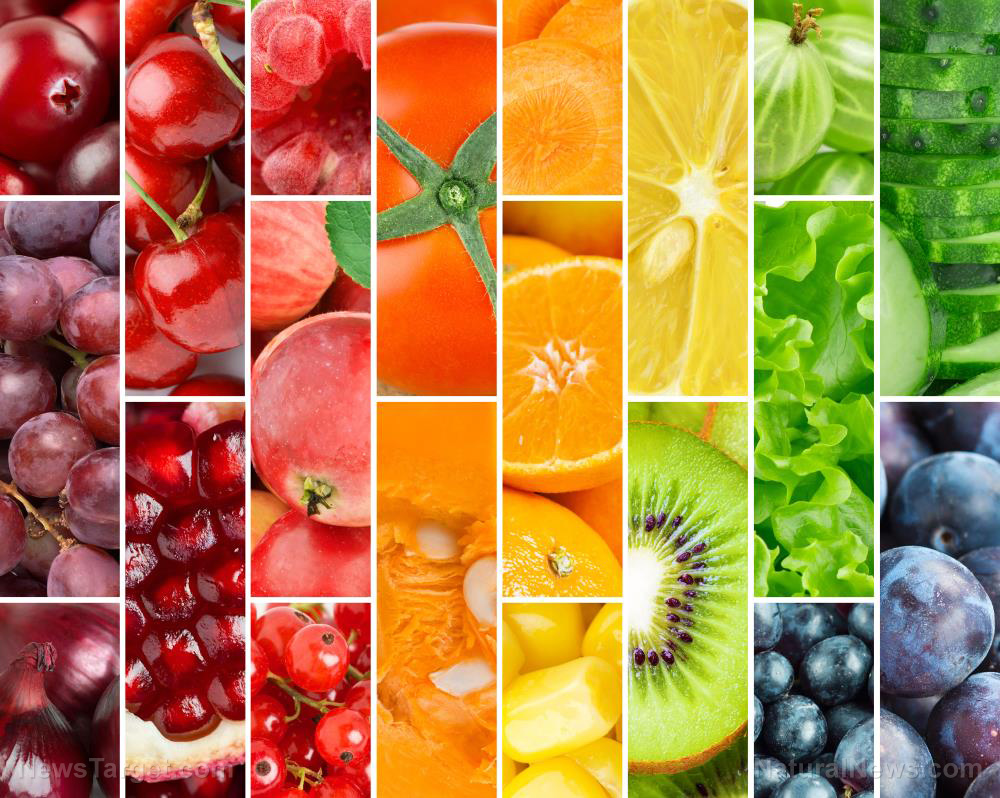Caffeine boosts athletic performance in those who drink coffee and tea infrequently
02/04/2018 / By Earl Garcia

A study published in the International Journal of Sport Nutrition and Exercise Metabolism revealed that the performance-enhancing effects of caffeine were more pronounced in people who did not drink caffeine-rich beverages — such as coffee, tea, and energy drinks — on a daily basis compared with habitual drinkers.
- A team of researchers at the Dublin City University and the University College Dublin in Ireland developed a caffeine-infused chewing gum to measure the compound’s effects on athletic performance. According to scientists, caffeine was known to enhance muscle strength, mental alertness, and overall performance by reducing the perception of effort during intense activity.
- The researchers enrolled 18 male team sports athletes and instructed them to carry out 10 repeated sprint performance (RSP) trials using a 40-meter maximum shuttle run test (MST).
- The participants were also instructed to accomplish two familiarization sessions, followed by caffeine and placebo trials in a randomized, double-blind setting. The athlete’s RSPs were assessed using sprint performance decrement points
- The findings revealed that the athlete’s RSP did not differ following caffeine and placebo intake
- However, data from a secondary analysis revealed that sprint performance decrement points were lower in athletes with low habitual caffeine intake than those who had moderate and higher caffeine intake.
- According to the experts, this meant that athletes with low caffeine intake were able to maintain their performances. In contrast, athletes with caffeine intakes that were equivalent to three or more cups of coffee per day exhibited worse performance over the course of the repeated sprint tests.
The researchers suggested that athletes might want to reduce their caffeine consumption before a game if they wanted to optimize the benefits of caffeinated supplements as a performance aid.
Journal reference:
Evans M, Tierney P, Gray N, Hawe G, Macken M, Egan B. ACUTE INGESTION OF CAFFEINATED CHEWING GUM IMPROVES REPEATED SPRINT PERFORMANCE OF TEAM SPORTS ATHLETES WITH LOW HABITUAL CAFFEINE CONSUMPTION. International Journal of Sport Nutrition and Exercise Metabolism. 2017:1-25. DOI: http://doi.org/10.1123/ijsnem.2017-0217
Tagged Under: Athletes, athletic performance, caffeine, coffee, energy drinks, tea
RECENT NEWS & ARTICLES
COPYRIGHT © 2017 FOOD SCIENCE NEWS

